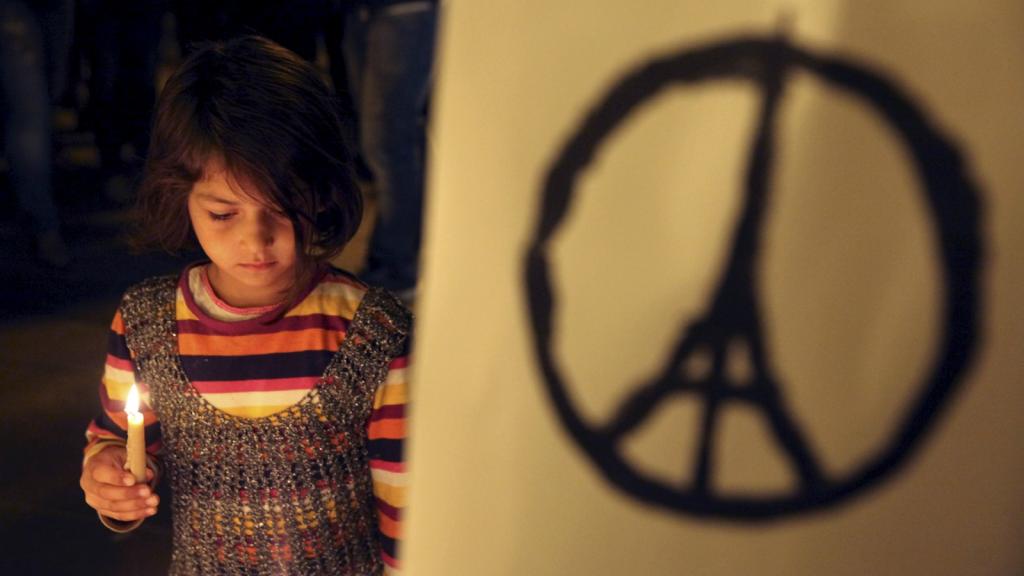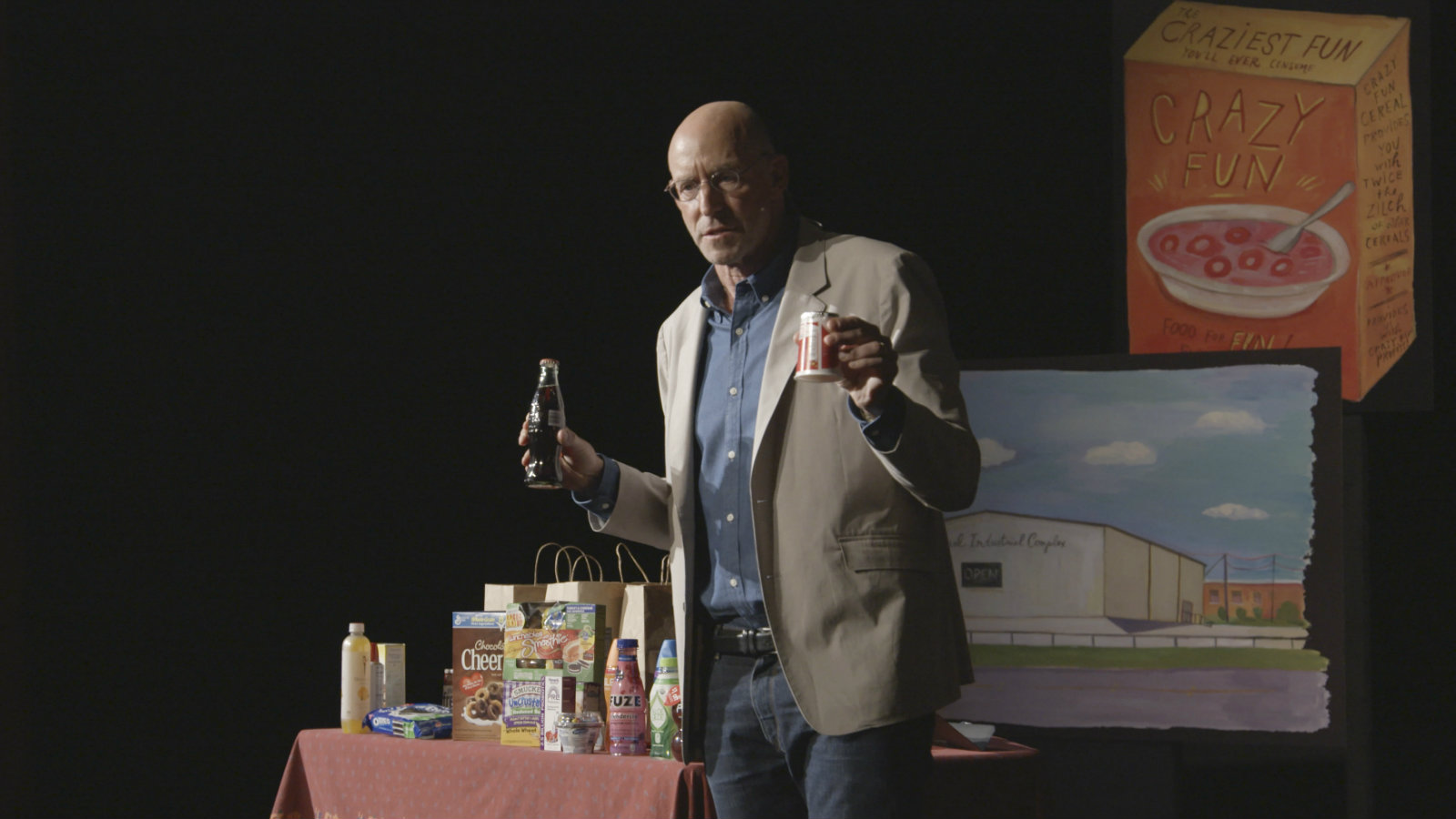Michael Pollan’s diet advice book In Defense of Food — which is also a polemic, and a history, and a critique of scientism — now has new life as a documentary. It won the Grand Prize at the Prague International Life Sciences Film Festival, and will air on PBS on Dec. 30. I’m biased, because I helped out a little (on the early stages of the script), but it’s pretty darn good.
The diet advice Pollan gives is simple: Eat food. Not too much. Mostly plants. Unpacking those now-celebrated exhortations, however, takes a fun two hours in the documentary, directed by Michael Schwarz.
The premise is that we’ve shifted to a radically different diet than the one our bodies evolved to handle, and it’s making us sick. Human health is improving in a lot of ways, but it’s clear that our modern diet is a disaster. Human nutrition is incredibly complex, and there’s a gigantic industry of diet book writers and food companies that make a lot of money zeroing in on one tiny point in all that complexity and selling it as a hot new fix (bulletproof coffee!) or the latest evil to avoid (gluten!). But if we zoom out and look at what we actually know with some certainty, it just boils down to: Eat food. Not too much. Mostly plants.
In Defense of Food started as a magazine article, turned into a book, spawned several editions of pithy Food Rules, and generated a hilarious lecture, in which Pollan reveled in the ridiculousness of the marketing claims of “edible food-like substances,” the ultra-processed foods that he says no longer can accurately be called food. The documentary draws from all these previous incarnations, incorporating portions of the lecture and making use of Maira Kalman’s art from Food Rules.
Perhaps my favorite part of the film is the exhortation to shift our culture so that it guides us toward healthy options, but also toward fellowship, pleasure, and community around the table. In the documentary, Pollan says, “As powerful and wonderful as science is, culture also can teach us how to eat. And so far, until science makes the breakthroughs is needs, culture is the best guide we have.”
Culture, yes — and politics. Culture and science are vital, but unless people have the money to eat well, they won’t matter at all. If everyone living in the rich Western world had the time and money to buy fresh vegetables a couple times a week, rather than defaulting to the fast, cheap, and hyper-caloric Western diet, we’d surely save lives, not to mention billions in medical costs.



